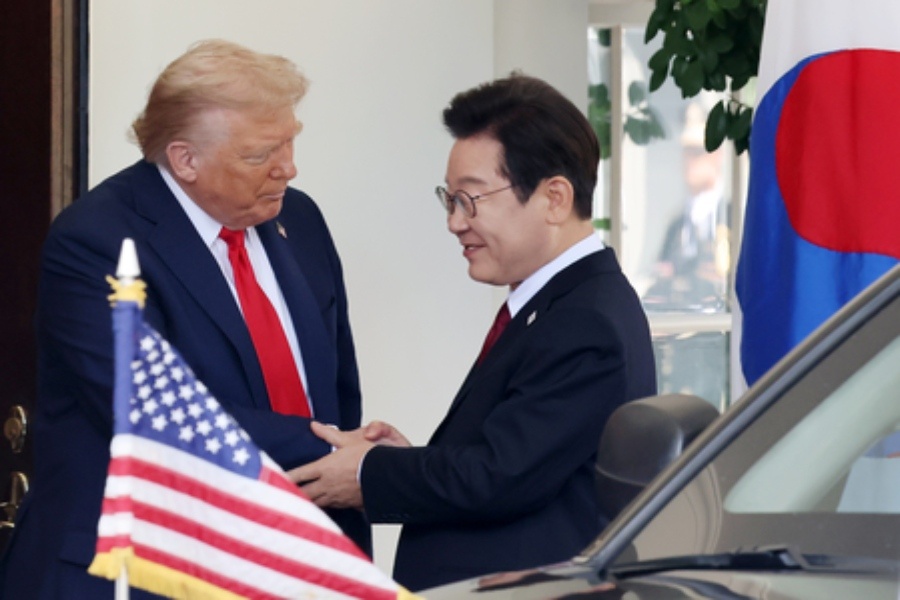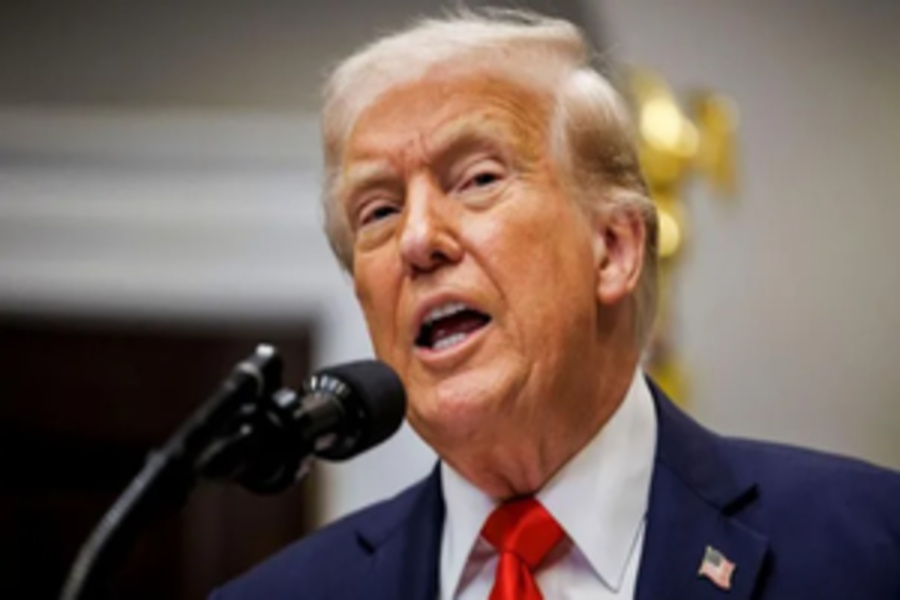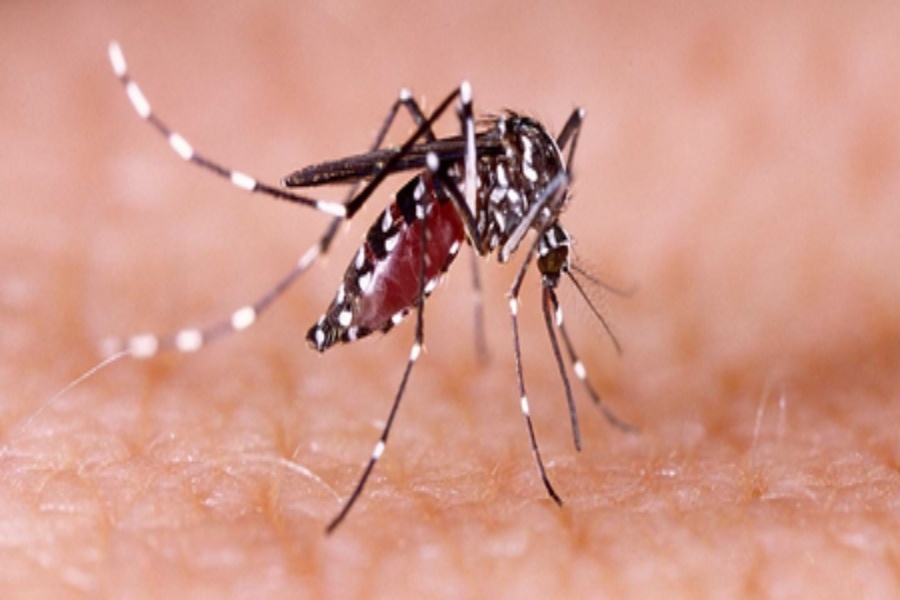The United States will this week begin applying reduced tariffs on Japanese automobiles following the implementation of a bilateral trade agreement, while South Korean carmakers continue to face a higher levy amid ongoing negotiations.
According to a notice published in the Federal Register, the U.S. Commerce Department’s International Trade Administration confirmed that from Tuesday, tariffs on Japanese cars and auto parts will be lowered to 15 per cent. The step follows an executive order signed earlier this month by President Donald Trump to formalize the deal with Tokyo, Yonhap news agency reported.
The new rate represents a reduction from the previous 27.5 per cent, which combined the existing 2.5 per cent duty with an additional 25 per cent sector-specific tariff.
South Korean vehicles, however, are still subject to the 25 per cent levy imposed under Section 232 of the Trade Expansion Act of 1962, a statute that allows the U.S. president to restrict imports deemed a threat to national security. Although Washington and Seoul reached a deal in July to cut the tariff on Korean cars to 15 per cent, the timeline for its enforcement remains unclear as talks continue over technical details.
Arriving in Washington on Monday, South Korea’s Trade Minister Yeo Han-koo stressed that Seoul is working to have the reduced tariff applied “as quickly as possible.” He is scheduled to meet U.S. Trade Representative Jamieson Greer and other officials for follow-up discussions on the July agreement.
The U.S. remains South Korea’s most important overseas auto market. Last year, car exports to America reached $34.7 billion, accounting for nearly half (49.1 per cent) of the country’s total auto exports. Hyundai Motor Group shipped about 970,000 vehicles to the U.S., while GM Korea exported around 410,000 units.













